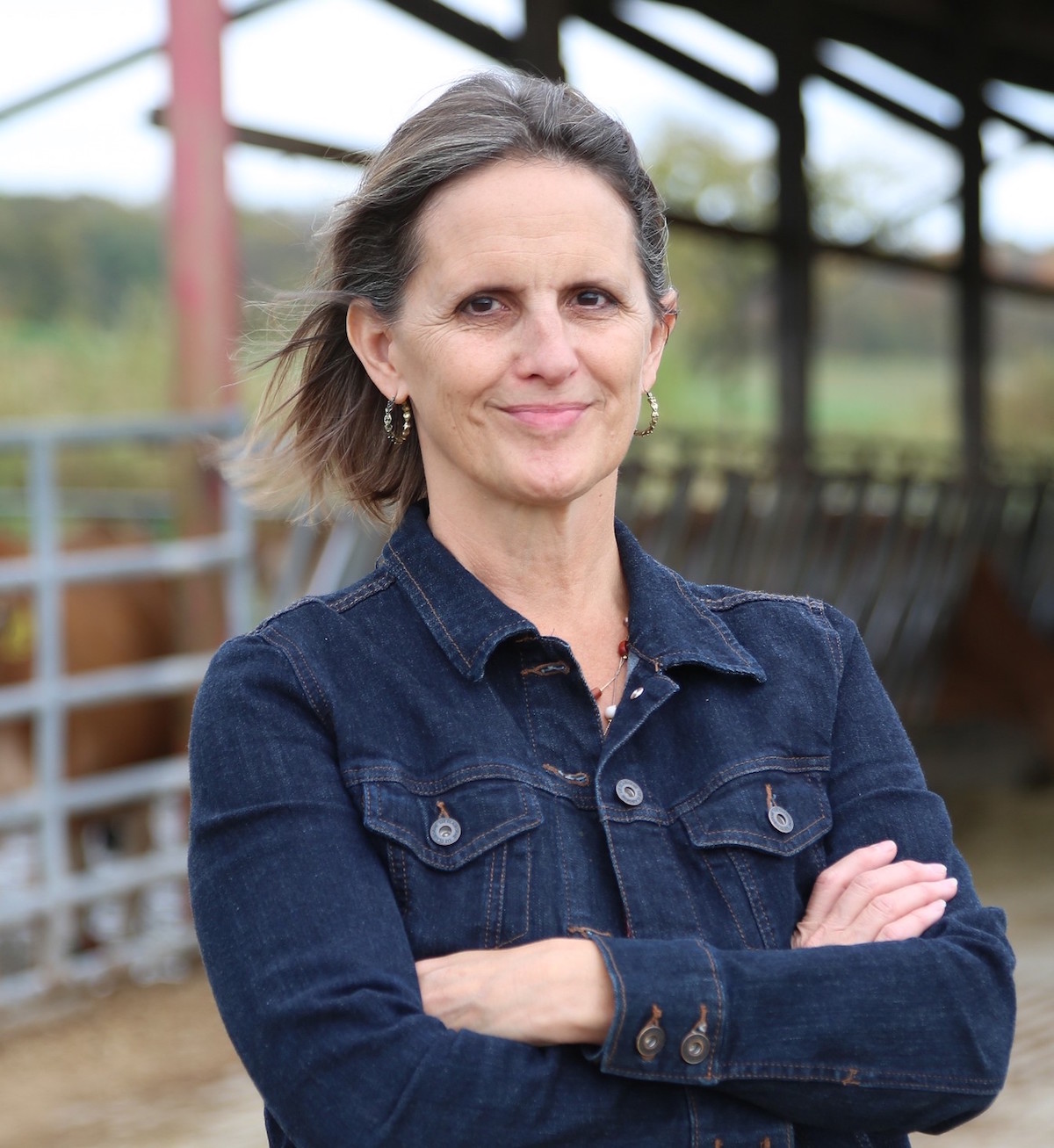Wind and solar farms as ‘crops’ of the future? Jan. 19 webinar provides legal perspective in land use conflicts
Speakers will discuss three common issues that arise between wind and solar energy development and agriculture: land consumption, local opposition, and co-location.
Jan. 3, 2022
By Will Clark
U of A System Division of Agriculture
Fast facts:
- National Agricultural Law Center webinar addresses ag land use conflicts among wind, solar farms.
- Webinar is Jan. 19 at noon-1 p.m. EST/11-noon CST.
- Register online at: https://bit.ly/3INODpH.
(372 words)
(With art at https://bit.ly/3JBt77I)
FAYETTEVILLE, Ark. — Should agricultural land be used for wind and solar farms? This question will be the focus of the National Agricultural Law Center’s webinar, “Wind and Solar Farms in Farm Country: Addressing Land Use Conflicts” on Jan. 19, at noon EST/11 a.m. CST.
Wind has been used in agriculture for millennia to power irrigation and grain grinding while solar energy has been used for crop growth and grain drying. However, while harvesting the sun and wind for distribution through the electric grid may be a non-traditional farming practice, farmland can be an ideal location for a utility-scale wind and solar facility. The terms solar farm and wind farm are a new take on the pairing of renewable energy and agriculture as uses of land.

This non-traditional use is on the rise. For example, the 2017 Census of Agriculture shows the number of farms leasing wind rights nearly doubled between 2012 and 2017, growing from 10,181 to 20,072.
Peggy Kirk Hall, associate professor at The Ohio State University, says policies that encourage increased production of wind and solar energy can be at odds with those that promote agricultural uses of land. Additionally, Hall says local opposition to utility-scale wind and solar development can be strong. The friction forces a policy decision on whether to prohibit or limit wind and solar development on farmland in the face of mandates and incentives for renewable energy.
Hall, along with Whitney R. Morgan and Jesse Richardson, will discuss three common issues that arise between wind and solar energy development and agriculture: land consumption, local opposition, and co-location.
Both are with the Land Use and Sustainable Development Law Clinic of the West Virginia University. Richardson is a law professor and lead land use attorney, and Morgan is a clinician.
Additionally, this webinar will highlight research on state and local land use laws for siting wind and solar facilities, and discuss recommended practices for addressing land use conflicts between wind and solar farms and farming.
“The situations surrounding wind and solar development differ across the country, but our research indicates that there are common concerns and solutions,” Hall says. “We’ve analyzed how local and state governments are addressing land use conflicts that arise from large scale solar and wind development and draw upon their experiences to provide recommendations.”
“Land use is an issue facing agriculture more today than ever before,” National Agricultural Law Center Director Harrison Pittman said. “This webinar, along with the presenters’ expertise on the issue, will allow viewers to gain a strong understanding of the legal approaches to addressing renewable energy as a use for farmland.”
Learn more and register for the webinar here: https://bit.ly/3INODpH.
For more information on the National Agricultural Law Center, visit https://nationalaglawcenter.org/ or follow @Nataglaw on Twitter.
About the National Agricultural Law Center
The National Agricultural Law Center serves as the nation’s leading source of agricultural and food law research and information. The Center works with producers, state and federal policymakers, Congressional staffers, attorneys, land grant universities, and many others to provide objective, nonpartisan agricultural and food law research and information to the nation’s agricultural community.
The Center is a unit of the University of Arkansas System Division of Agriculture and works in close partnership with the USDA Agricultural Research Service, National Agricultural Library.
About the Division of Agriculture
The University of Arkansas System Division of Agriculture’s mission is to strengthen agriculture, communities, and families by connecting trusted research to the adoption of best practices. Through the Agricultural Experiment Station and the Cooperative Extension Service, the Division of Agriculture conducts research and extension work within the nation’s historic land grant education system.
The Division of Agriculture is one of 20 entities within the University of Arkansas System. It has offices in all 75 counties in Arkansas and faculty on five system campuses.
The University of Arkansas System Division of Agriculture is an equal opportunity institution. If you require a reasonable accommodation to participate or need materials in another format, please contact 479-575-4607 as soon as possible. Dial 711 for Arkansas Relay.
# # #
Media contact: Will Clark
wwc001@uark.edu
479-899-2673